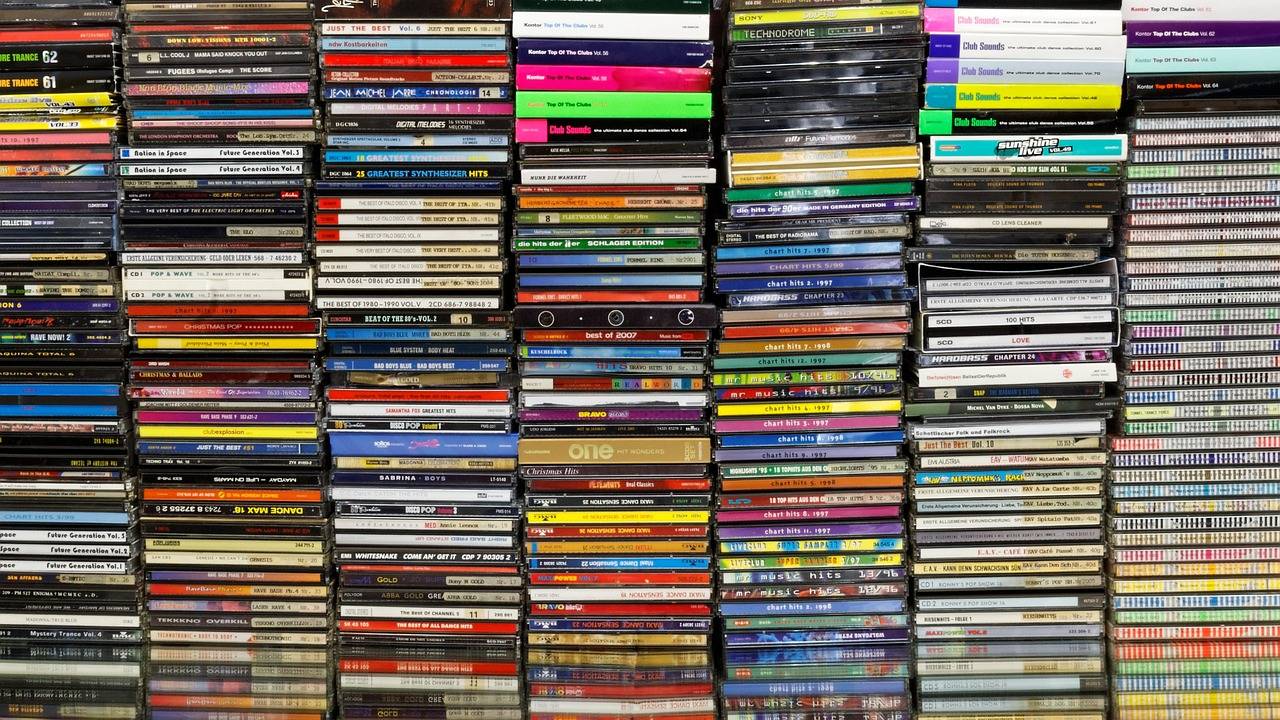Analyzing the Impact of Streaming Services on Music Consumption Habits
Streaming services have significantly transformed the landscape of the music industry in the past decade. With the rise of platforms like Spotify, Apple Music, and Pandora, consumers now have instant access to an extensive library of songs at their fingertips. This shift towards online streaming has revolutionized how artists release and promote their music, leading to a more democratized and globalized music market.
The traditional model of purchasing physical albums or individual tracks has increasingly been replaced by subscription-based streaming services. This transition has posed challenges for artists in terms of revenue generation, as streaming platforms typically pay artists fractions of a cent per stream. Despite the controversies surrounding fair compensation for musicians, streaming services have undeniably expanded the reach of music worldwide, democratizing access to diverse genres and artists.
Rise of On-Demand Music Listening Platforms
The rapid growth of on-demand music listening platforms has revolutionized how people access and consume music today. With the rise of streaming services like Spotify, Apple Music, and Amazon Music, listeners now have instant access to vast libraries of music at their fingertips. This shift towards on-demand platforms has fundamentally changed the music industry landscape, affecting not only how music is distributed but also how artists are promoted and compensated for their work.
One of the key factors driving the popularity of on-demand music platforms is the convenience and accessibility they offer to listeners. Gone are the days of purchasing physical albums or downloading individual tracks – now, users can simply stream their favorite songs or discover new music with just a few clicks. This shift towards on-demand listening has also led to changes in how artists release music, with many choosing to focus on singles and EPs rather than full-length albums to cater to the streaming audience’s preferences.
What are some popular on-demand music listening platforms?
Some popular on-demand music listening platforms include Spotify, Apple Music, Amazon Music, and Tidal.
How do on-demand music listening platforms benefit the music industry?
On-demand music listening platforms provide artists with a new revenue stream through streaming royalties and help to combat piracy.
Can users listen to music offline on on-demand music listening platforms?
Yes, many on-demand music listening platforms offer the option to download music for offline listening.
Are there any drawbacks to using on-demand music listening platforms?
Some drawbacks include potential issues with artist compensation and the risk of music being removed due to licensing agreements.
How have on-demand music listening platforms changed the way we consume music?
On-demand music listening platforms have made music more accessible and convenient for consumers, allowing them to discover new music easily.





